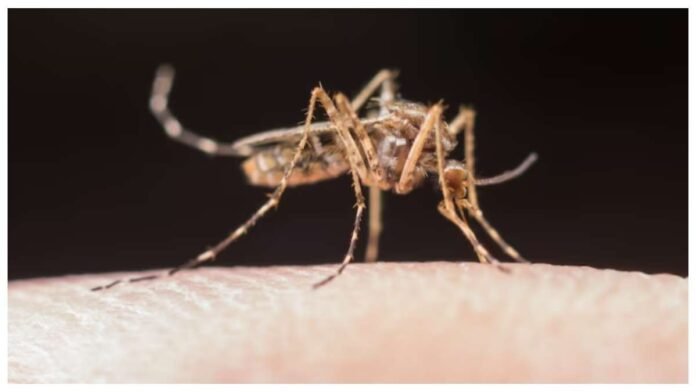The food you eat can play a vital role in supporting your body’s healing process. Know what you should eat to recover from the dengue disease.
Carefully choosing a diet may help your body recuperate from dengue. Dengue may lower platelet counts, which are needed for blood clotting. Certain meals boost platelet count and speed healing. Create a dengue recovery diet:
Staying hydrated is crucial during dengue healing. Hydrate with water, coconut water, and clear soups to maintain electrolyte balance and drain toxins.
Fresh Fruits: Include vitamin C-rich oranges, strawberries, kiwi, and papaya. Vitamin C boosts immunity and aids recovery.
Leafy Greens: Leafy greens like spinach and kale include vitamins and minerals that aid health and recuperation.
Lean proteins like chicken, fish, tofu, and lentils supply critical amino acids for tissue repair and immune system support.
Avocados, almonds, seeds, and olive oil are healthful fats. These fats aid fat-soluble vitamin absorption and bodily processes.
Fruits like pomegranate boost blood platelet production and are advised for dengue recovery.
Ginger and turmeric reduce inflammation and boost the immune system.
Fluid-Rich Foods: Watermelon and cucumbers help hydrate and maintain electrolyte balance.
Avoid Junk Food: Processed and fried meals include empty calories and harmful fats, which may slow healing.
To avoid stomach issues and retain energy, eat smaller, more frequent meals.
Be mindful of your body’s tolerance to various meals throughout recuperation and pick foods that suit you. Smoothies, soups, and readily digested meals may help with solid food digestion.
Conclusion
A dengue recovery diet aids healing. Drink water, coconut water, and clear soups to balance electrolytes and remove pollutants. Include vitamin C-rich fruits, leafy greens, lean proteins like chicken, fish, tofu, and lentils, healthy fats like avocados, nuts, seeds, and olive oil, pomegranate, ginger, and turmeric, fluid-rich foods like watermelon and cucumbers, and avoid junk food, which has empty calories and unhealthy Eat smaller, more frequent meals to avoid digestive strain and retain energy.
Ginger and turmeric, which lower inflammation and boost the immune system, may be added to these items. During rehabilitation, listen to your body’s food tolerance and pick meals that fit it. Try smoothies, soups, and other readily digested meals if you have trouble eating solids.




